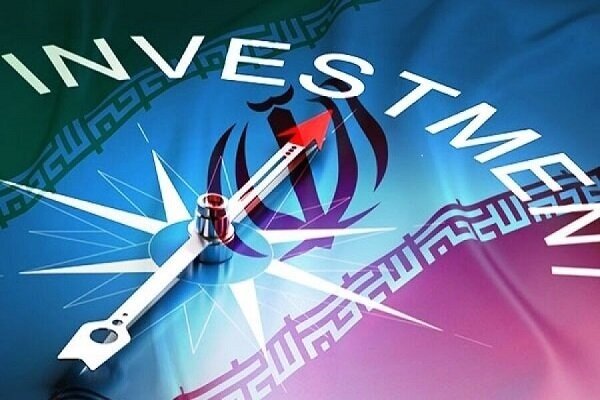
Similar Posts
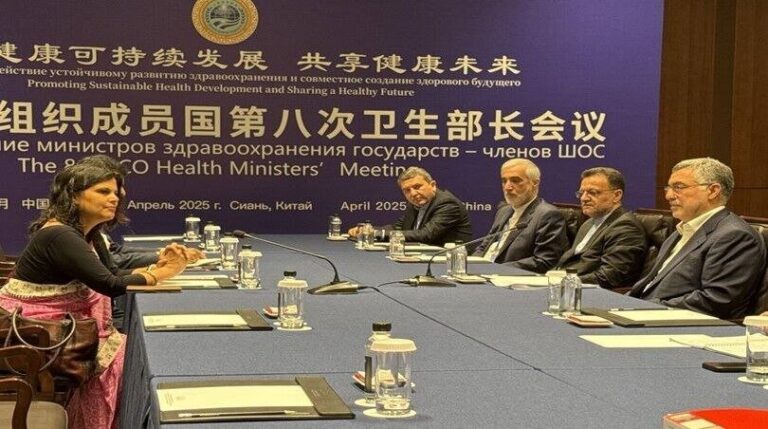
Iran Explores Enhanced Health Partnerships with India and Uzbekistan
Iranian Health Minister Mohammad-Reza Zafarqandi met with officials from India and Uzbekistan at the SCO health ministries meeting in Xi’an, China, to enhance health cooperation. Discussions focused on collaboration in pharmaceuticals, vaccine development, traditional medicine, and medical training. Zafarqandi praised India’s pharmaceutical achievements and proposed joint research, while Uzbekistan’s minister expressed interest in health tourism and cancer treatment initiatives. The meeting, which includes representatives from several nations, aims to promote sustainable health development and strengthen ties through documents on health resilience and emergency action plans. Opportunities for Iran-China collaboration in medical technology were also emphasized.
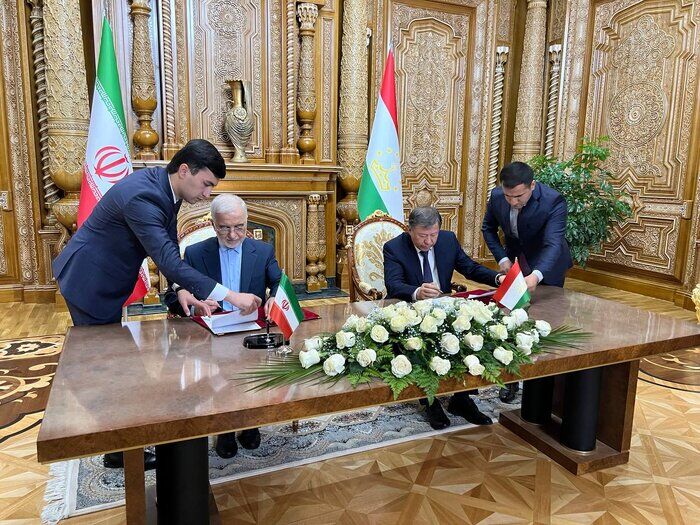
Iran and Tajikistan Forge Key Security Partnership with New MoU
Iran’s Interior Minister Eskandar Momeni and Tajikistan’s Rahimzoda Ramazon Hamro have signed a memorandum of understanding (MoU) to enhance security cooperation between their countries. The agreement focuses on combating organized terrorism, human trafficking, and smuggling. Momeni expressed optimism about the MoU’s potential to strengthen security in both nations, emphasizing the need to address transnational issues like terrorism, narcotics, and organized crime. By tackling these challenges collaboratively, the two nations aim to build a solid foundation for closer bilateral relations and improved regional security.
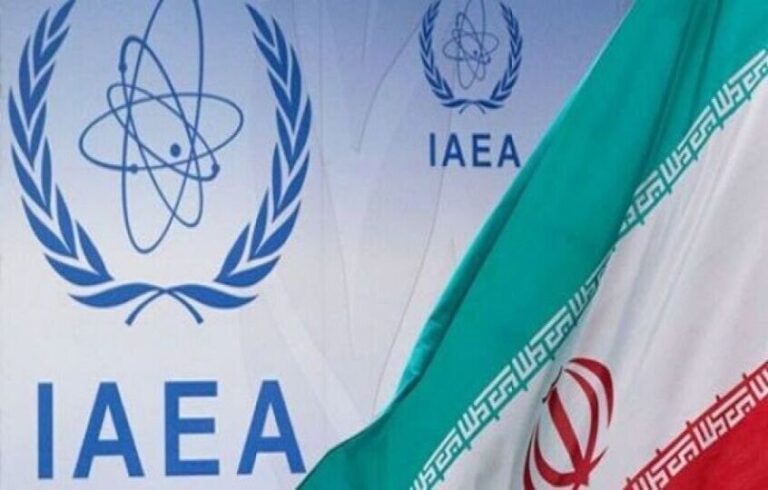
Iran Boosts Uranium Enrichment Efforts, IAEA Reports Rising Nuclear Tensions
The International Atomic Energy Agency (IAEA) has reported that Iran’s uranium enrichment has surged to 605.8 pounds of 60% enriched uranium, up 203.9 pounds since November, raising alarms about potential nuclear weapon capabilities. The report underscores that this enrichment is a short technical step from weapons-grade levels. Iran remains the only non-nuclear weapon state producing high enriched uranium. Despite attempts to revive the Joint Comprehensive Plan of Action (JCPOA) through negotiations, significant obstacles persist, including contradictory behaviors among parties and U.S. demands. The IAEA emphasizes the urgency for continued diplomatic efforts to address nuclear proliferation concerns.
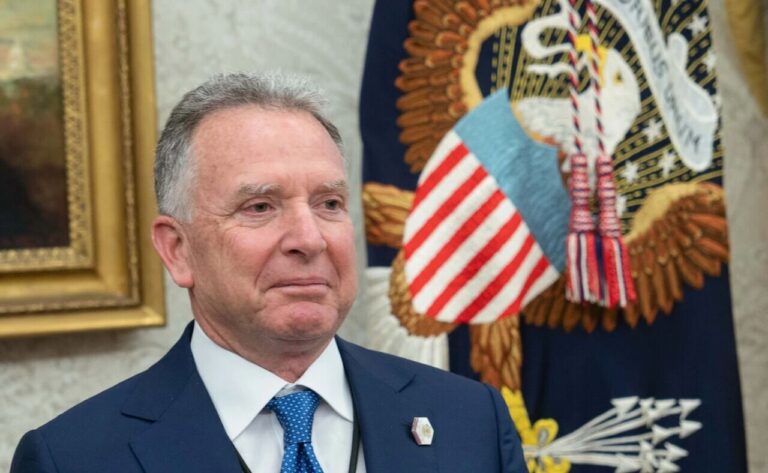
Trump Envoy Reveals US Strategy to Build Trust with Iran
In a recent interview, Steve Witkoff, Donald Trump’s Middle East envoy, highlighted efforts to prevent armed conflict with Iran by building trust. His comments followed Trump’s non-threatening letter to Iran, confirmed by Foreign Minister Abbas Araghchi. Trump aims to reintegrate Iran into the global community, contrasting with Ayatollah Khamenei’s warning against U.S. hostility, which he claims would lead to severe repercussions. While Iran expressed openness to communication, they cautioned about the letter’s implications. The evolving U.S.-Iran relations suggest potential diplomatic thawing, though historical mistrust complicates matters, and both nations face domestic pressures impacting negotiations.
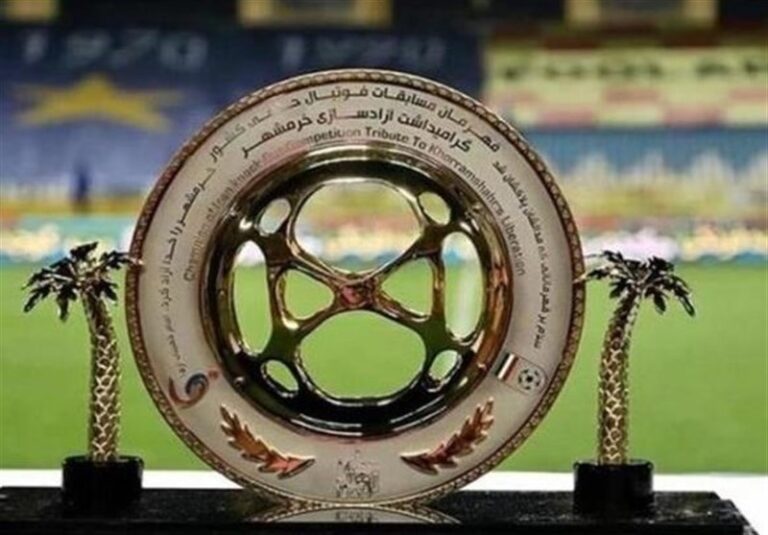
Excitement Builds as Iran’s Hazfi Cup Final Set for Arak Showdown!
The excitement for the 2024-25 Iran Hazfi Cup is building, with the final set for May 29 at Imam Khomeini Stadium in Arak. The semifinals feature top teams: Gol Gohar vs. Malavan on May 23 and Esteghlal vs. Sanat Naft on May 24. Esteghlal, the most successful team in Hazfi Cup history, aims to secure another title, while Sanat Naft seeks to surprise. The tournament is a celebration of Iranian football culture, showcasing emerging talent and fostering community spirit. Fans eagerly anticipate thrilling matches, making the Hazfi Cup a significant event in the nation’s sporting calendar.
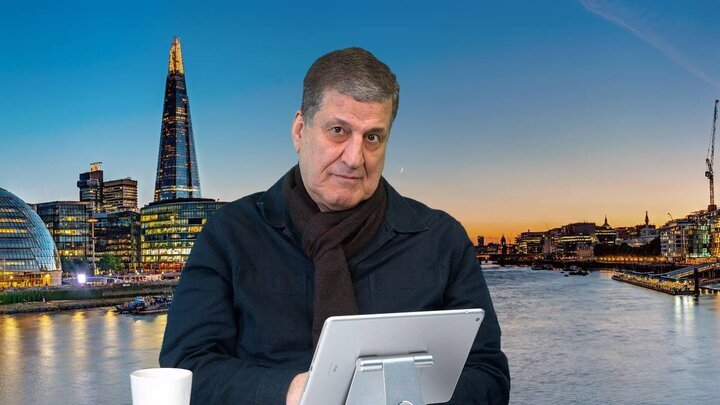
Iran’s Diplomatic Strength: Resisting Zionist Sabotage with Strategic Resilience
Iran remains steadfast in its right to develop a peaceful nuclear program and is committed to international law despite facing sanctions and sabotage. Following an explosion at Shahid Rajaee Port linked to external plots, Iran is preparing for nuclear negotiations on May 3, 2025, aimed at lifting sanctions while affirming its enrichment rights. Recent talks yielded progress on uranium enrichment levels, with Foreign Minister Abbas Araqchi criticizing biased European policies and expressing willingness to coordinate. Iran’s commitment to transparency and peaceful intentions has been validated by IAEA cooperation, even amid external pressures and threats from the U.S. and Israel.